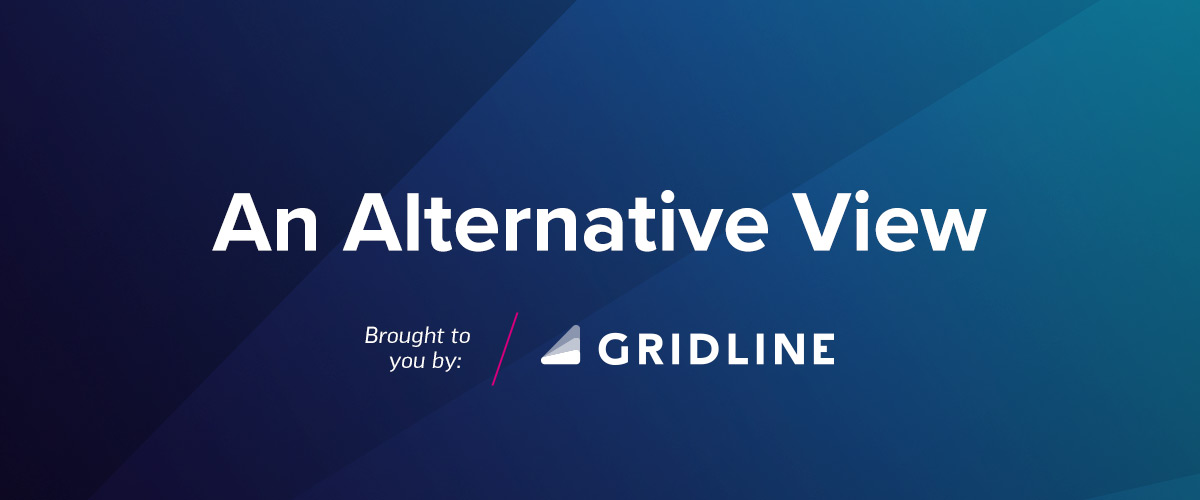We have discussed the level of uncertainty in public equity markets, but there are a few fundamental changes that are exacerbating this uncertainty. The impact of market concentration is increasing volatility, and rising inflation is causing investors to reconsider their approach and look beyond the public markets.
In 1996, over 8,000 companies were publicly traded in the US, but by 2022, this number fell to under 4,200, yielding a ~50% reduction in investment opportunities. This, in turn, created greater concentration, with the S&P 500 accounting for roughly 80% of the total US equity market capitalization and, even more concerning, the five largest companies representing 24.2% of the index’s total market cap.
Additionally, the resurgence of inflation has further complicated the investment landscape. Public equities, which have long been viewed as a hedge against inflation, have shown vulnerabilities during periods of rising prices, making it more difficult for investors to achieve positive real returns.
One way to address these complex challenges is to invest in a carefully constructed portfolio of alternative assets. These assets, which include private equity, venture capital, private debt, and real assets, can help to protect investors from market vulnerabilities while generating compelling returns. When built well, these portfolios can deliver returns in excess of public markets, generate those returns with lower volatility, protect against inflation (or benefit in the case of assets like farmland), and expand the universe of investable options.
While the idea of an alternative portfolio is appealing, its implementation is hindered by challenges. Private market access is limited, and there are no private-market index funds, requiring investors to construct their own diversified portfolios. Return dispersion is significant, making manager selection a critical function. Lastly, the dynamics of capital commitments, calls, and distributions require active cash flow modeling and management.
Gridline has developed solutions to overcome these challenges, enabling investments in well-constructed portfolios of best-in-class managers and providing easier management of cash flows and performance. We partner with our members to deliver more robust and resilient investment outcomes, and I’d recommend you join our webinar at 1p ET this afternoon to learn more about the market and our approach.
-Logan Henderson, Founder and CEO
Webinar – Join us at 1 pm!
Beyond the Public Markets: Maximizing Returns through a Multi-Asset Portfolio
Join us today at 1:00 pm ET to discuss how you can expand your portfolio to include diverse asset classes and under-the-radar managers through simple-to-execute strategies. During the session, you’ll hear about:
- The key differences between public and private market investing
- How access, due diligence, and fund selection impact returns
- The evolution of your private & alternative allocation strategy
- How to achieve diversification through Gridline Thematic Portfolio funds
We hope you’ll join us, but if you can’t attend live, register, and we’ll share the recording with you after the session.
Investment Opportunities
To view and download full details of the funds on our platform and in future emails like these, visit app.gridline.co/signup and answer a few quick questions that allow us to verify your identity and learn about your allocation strategy. There is no cost or commitment to create an account on Gridline.
Worth a Read

Why Emerging Managers Outperform
Emerging fund managers have some inherent advantages over established managers that lead to outperformance. Read more.

